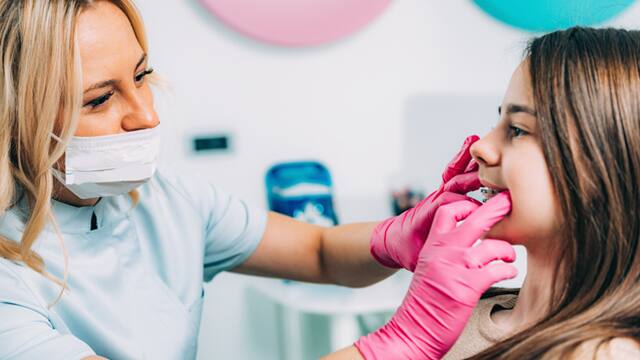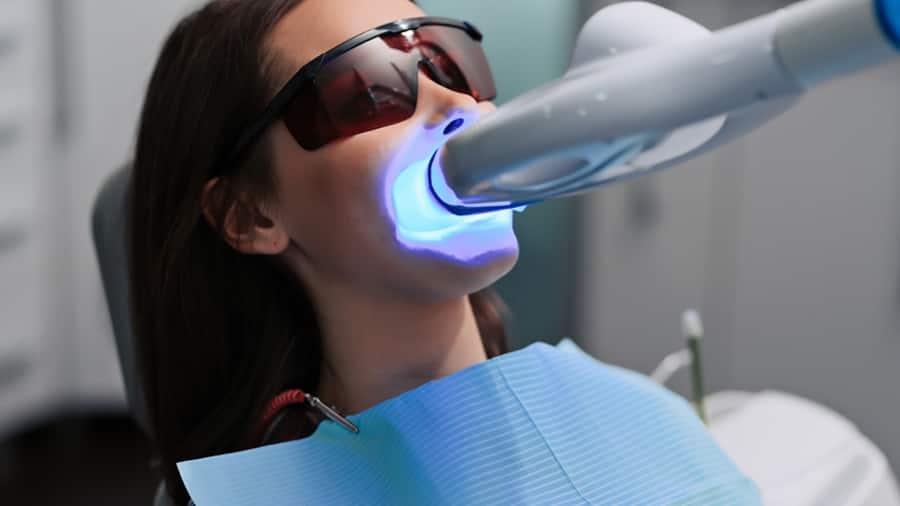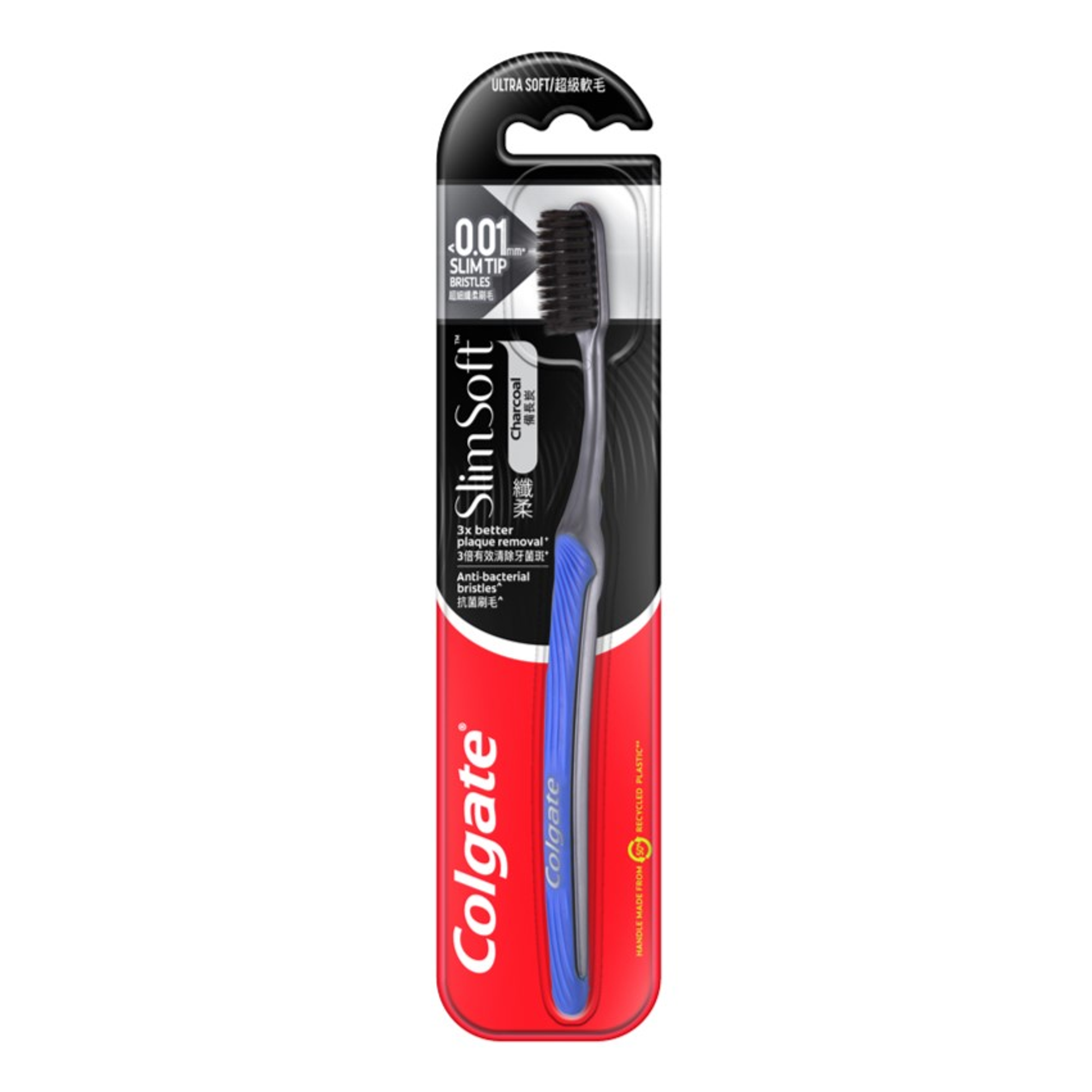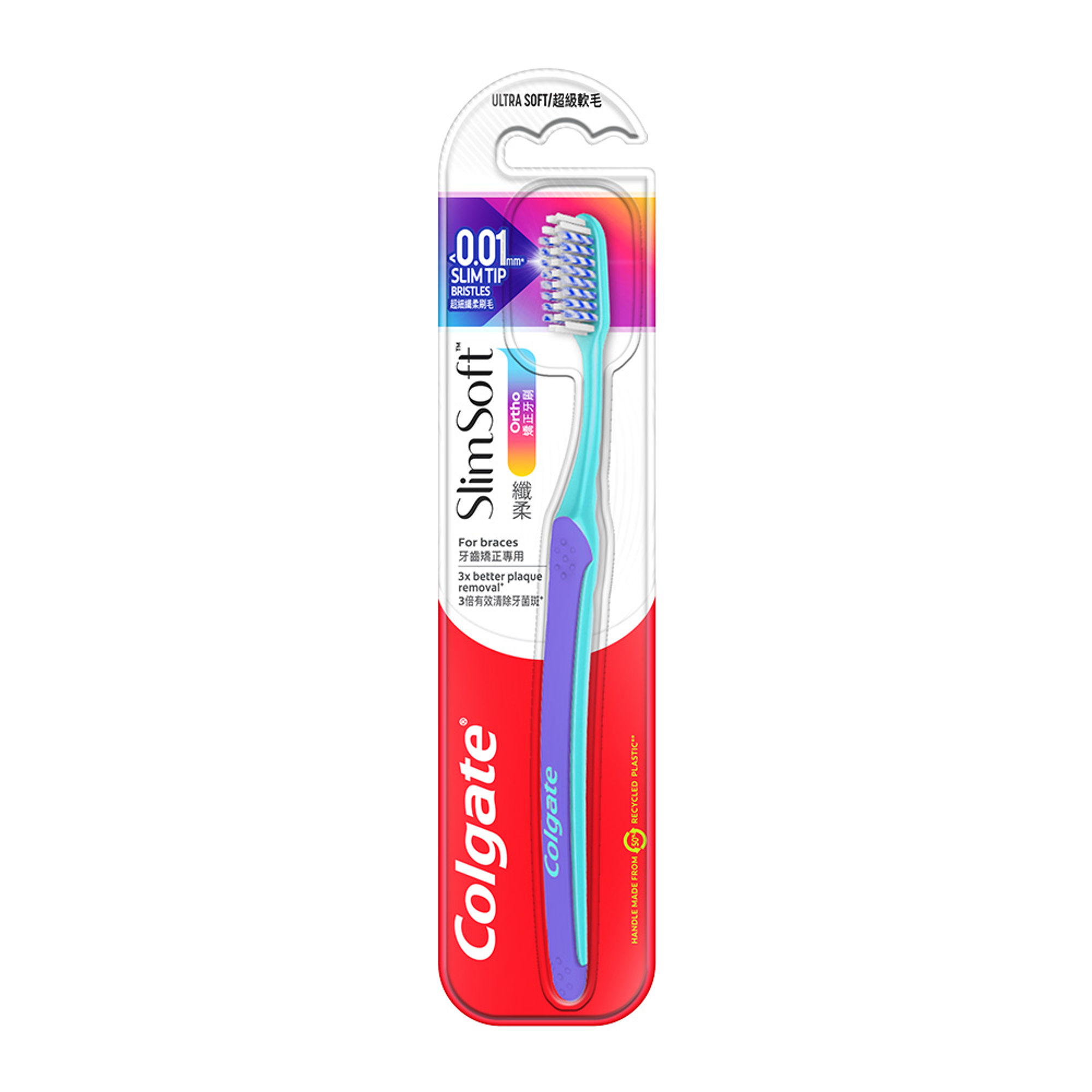-
-

FLUORIDE
Discover how stannous fluoride toothpaste prevents cavities and other oral health issues. Learn the key benefits of fluoride for teeth and its best uses.Fluoride plays a vital role in oral healthcare...

TEETH WHITENING
Teeth Whitening Serum for a Brighter, Confident SmileWho does not want whiter and brighter teeth? Thanks to the many teeth-whitening products available today...
-
Science & Innovation
- ORAL HEALTH ASSESSMENT
- Colgate® | Toothpaste, Toothbrushes & Oral Care Resources
- Oral Health
- Early Orthodontics
- How to Prevent Tooth Decay with Braces | Colgate SG


If you or your child has braces, you most likely don't want to sit in your dentist's or orthodontist's chair more than is necessary – even if you love your dental pros. Avoiding cavities while wearing braces is one way to steer clear of extra visits.
To achieve that goal, preventative oral health care is worth the extra effort. Learn why it's easier for tooth decay to form while wearing braces and how to avoid cavities while your new smile is forming.
Why Braces?
Reasons to get braces go beyond straightening crooked teeth. Orthodontic issues known as malocclusions include having an overbite, an underbite or other types of misaligned teeth causing a bad bite. If you have crowded, spaced-out, extra or missing teeth, you're also a candidate for braces.
Teeth in need of correcting are more difficult to clean than straight, perfectly aligned teeth. Without corrective measures, there's a greater likelihood your tooth enamel might erode, leading to tooth decay. You might also experience bone and gum disease, as well as chewing and speaking difficulties.
The good news is that by putting carefully monitored pressure on your teeth and jaw, braces can correct your bite and straighten your teeth. That, in turn, can lead to greater self-confidence, plus healthier teeth and gums.
Tooth Decay and Braces
It's ironic that while correcting your teeth with braces ultimately helps prevent cavities, there's an increased chance of decay while wearing braces.
Depending on the type of braces you wear, braces can catch bits of food and sugar from certain drinks. Once trapped, these food/drink particles cause bacteria to form. The bacteria lead to plaque deposits. And plaque build-up leads to tooth decay (aka cavities) as well as gum disease.
As you can imagine, you're more likely to experience these issues with non-removable braces no matter what materials they're made of – metal, ceramic or plastic. However, be aware that removable clear aligner trays and headgear braces can lead to problems without proper care.
Toothaches, chewing pain and sensitivity to sweet, cold or hot foods and drinks are all signs you might have one or more cavities. Left untreated, tooth decay might infect a tooth's pulp. Cavities can soon progress into painful abscesses, infections or even jaw problems. That's why it's important to spend the extra effort keeping your braces clean to prevent tooth decay.
Keeping Braces Clean
When you get braces, your orthodontist will send you home with guidelines for an oral care regimen and perhaps individualised instructions. Your orthodontist can also advise you on specific dental products to use for the best results.
General guidelines to keep your mouth healthy and your braces clean:
- Follow your orthodontist's instructions for brushing, flossing and rinsing – which might be more often than usual. Also, note what your orthodontist advises regarding taking out your elastics.
- Avoid chewy, crunchy, hard and sticky foods – including chewing gum for medicinal uses.
- Do not chew ice.
- Make an effort to stop habits such as chewing your fingernails, pencils, pens and other hard items.
- Schedule a dental check-up and professional cleaning every six months – or more frequently if advised.
- Go in for orthodontic check-ups as often as recommended.
You might also consider these dental tools to make your oral health care regimen easier and more effective:
- Floss threader to make flossing easier
- Water irrigator to flush out trapped food bits
If you're using clear aligner trays or dental headgear instead of traditional braces, make sure to clean your teeth, mouth and dental appliance before using them.
Diligence and patience are key when it comes to keeping tooth decay away while wearing braces. By being aware of what can cause tooth decay while wearing braces, you'll be happy to follow an oral healthcare routine that's a little bit more stringent. After all, you don't want a mouth full of cavities when you show off your ideal smile.
Related Products

Helping dental professionals
More professionals across the world trust Colgate. Find resources, products, and information to give your patients a healthier future









